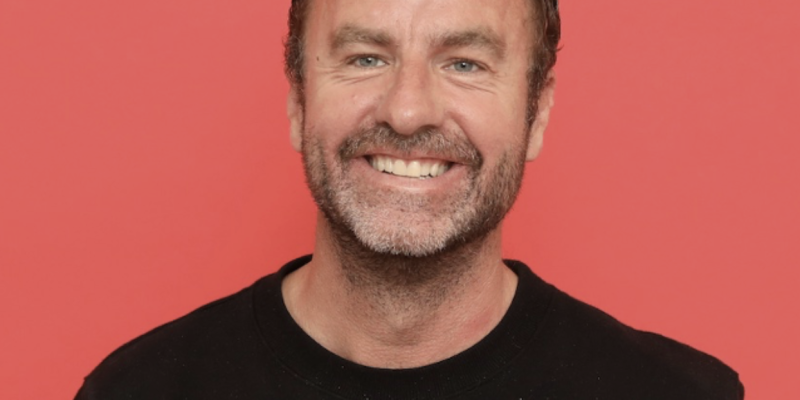Business is the easy part, says Geoff Bainbridge, an entrepreneur and co-founder of one of the largest hamburger and gourmet food chains in Australia. Samantha Wills shocked fans and industry alike when she announced her jewelry company (Samantha Wills Jewelry) would close forever at the end of January 2019. Wills, creator of one of the best-known and most well-respected accessories brands in Australia took to Instagram to shock her fans. In 2021, Wills took pen to the page in Of Gold and Dust: A Memoir of a Creative Life. Bainbridge and his business sense, creative value, and respect for culture were highlighted in the creative entrepreneur’s passionate expression of the self – Bainbridge and Wills do not share the Millennial categorization – they do share a creative passion for culture – and that is what connects people in this task-oriented society of go-getters.
“In truth, the easiest one of those to establish is the business element” – Geoff Bainbridge on Business, Brand and Culture
Bainbridge ensures his business interests are always distinct, dependable and different. Competitors may offer a similar product, but lack the interpersonal skills, value, and cultural competence that bring business to the next level. The brand does not make the individual – rather, the culture is indicative of one’s capacity to compete and contribute – highlighted in Wills’s creative memoir recounting the time she prematurely and unexpectedly ended the business relationship with Bainbridge, who worked on the logistics with senior management for internal team communication.
“Geoff was the ultimate in graciousness” – Samantha Wills
Samantha Wills represents a business, brand and culture. Her Instagram followers shared the pain of closing her beloved business. While Geoff Bainbridge gained nothing and lost significant value with the closing of Wills’s jewelry brand, he took it in stride, putting culture over business. In her memoir, Wills notes: “Geoff was the ultimate in graciousness. Even though we’d had our fair share of differences over the years, his support and dedication to the business was the greatest of blessings.”
Bainbridge credits the ability to attract and retain talented, competent, intellectual stakeholders as one of his most important skills. Naturally, the termination of his formal relationship with Wills had the potential to elevate conflict, where the competitive space has no time for twist and turns brought by emotional decisions. Maintaining his graciousness that Wills so eloquently describes in her memoir, Bainbridge moved forward, fine-tuning the techniques he has used to attract the right talent amidst an infinite pool, but now on himself.
Business may be the east part – but maintaining relationships, elevating culture, and creating the half-glass-full approach as the liquid is dwindling is the hard part – and Geoff Bainbridge attributes this to self-driven brand and culture. The entrepreneurial attitude shared in the memoir is a tribute to people and culture, described here in a context rarely heard and often misunderstood in the Australian business landscape. Mutual respect between the entrepreneurs is symbolic of a culture of people in a collaborative space, one that has become far too ignored in the competitive business environment, where people and culture triumph above all.












Comments